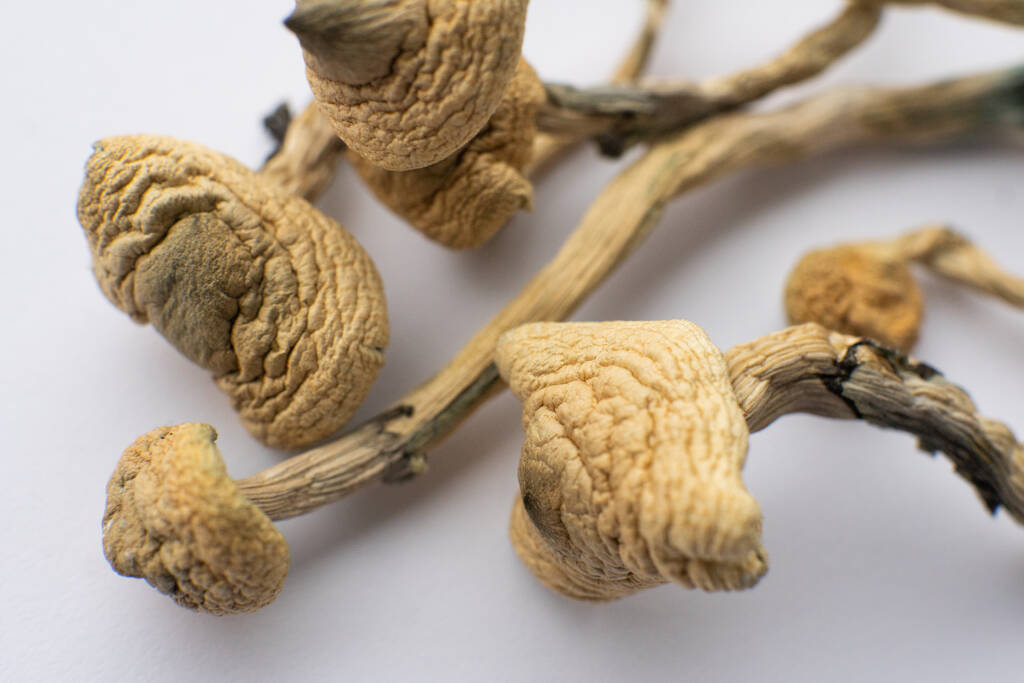According to the results of a new pilot trial study, psilocybin may serve as a potential treatment option for those suffering from body dysmorphic disorder.

Psilocybin mushrooms.
Body dysmorphic disorder (BDD) is a severe mental health condition marked by an obsessive focus on perceived flaws in one’s appearance. Individuals with BDD often experience a distorted self-image, intrusive thoughts, and compulsive behaviors that can severely disrupt daily life and well-being. Unfortunately, existing treatments have limited success, leaving many without adequate relief.
According to the new study conducted by researchers at Columbia University and published in the journal Psychedelics, psilocybin may change connectivity of brain circuitry, potentially aiding in the treatment of this debilitating disorder.
In the pilot trial, eight adults with moderate-to-severe BDD that had not responded to standard treatments received a single 25mg oral dose of psilocybin in a supportive setting. Using MRI technology, researchers scanned the participants’ brains one day before and one day after the psilocybin session. Sophisticated pattern analysis techniques were then applied to map changes in brain network connectivity and link them to subsequent clinical outcomes.
One day after receiving psilocybin, participants showed increased connectivity within a network involved in executive functions and between this network and others related to processing emotionally relevant information and self-referential thinking. Those who exhibited the most significant enhancement in these neural connections also reported the greatest reduction in BDD symptoms one week later.
“[These findings] align with a growing body of evidence indicating that psychedelic compounds like psilocybin can promote mental health by enhancing the brain’s capacity for flexibility and integration,” states the study. “By facilitating communication within and between brain networks that are often dysregulated in psychiatric disorders, psilocybin may help restore more adaptive cognitive and emotional functioning”.







